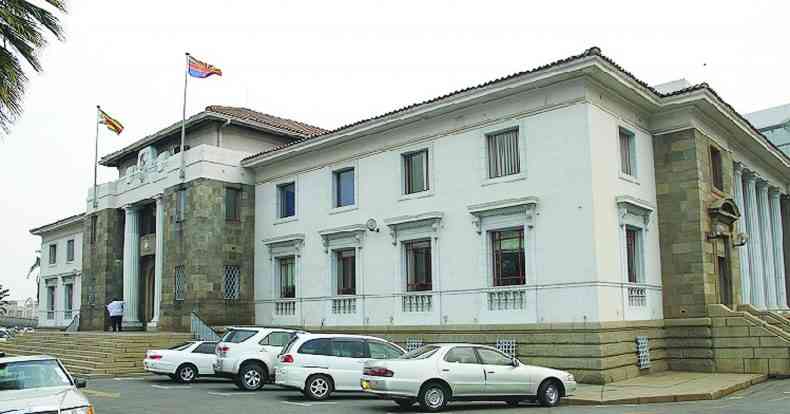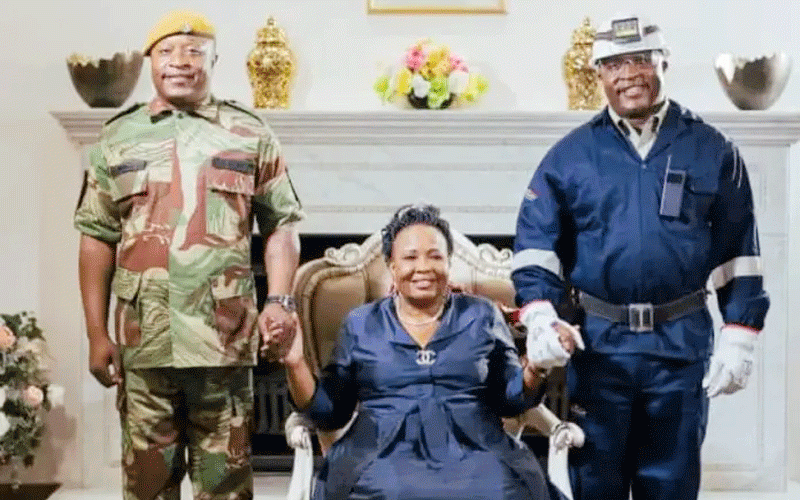
President Emmerson Mnangagwa has appointed a five-member Commission of Inquiry to probe governance issues at Harare City Council since 2017.
The commission, chaired by retired judge Justice Maphios Cheda, has six months to complete the probe, although there is an option for an extension by three months. Others members of the commission are ex-Cabinet minister Lucia Matibenga, Steven Chakaipa, Norbert Phiri and Khonzani Ncube.
The Cheda-led commission will investigate, among other things, financial management systems and compliance with the Public Finance Management Act [Chapter 22:19] and other laws.
It is mandated to investigate financial management of revenue generated through special vehicle companies and other outsourced arrangements.
It will also probe reasons behind the failure to operate an enterprise resource planning system for Harare City Council and quantify any losses accruing as a result and investigate and ascertain the procedures of management, sell or lease or transfer of the local authority’s properties to private entities.
The commission has been empowered to probe and investigate convening of council meetings as well as adherence to standing orders and rules in council meetings by Harare City Council and also investigate compliance with procurement laws, inclusive of disposal of assets and compliance with the Public Procurement and Disposal of Public Assets Act [Chapter 22:23], among others.
The commission will make recommendations.
At face value, the move is noble as it is ostensibly intended to bring back the shine to the once Sunshine city.
- Mr President, you missed the opportunity to be the veritable voice of conscience
- ED to commission new-look border post
- Zanu PF ready for congress
- EU slams Zim over delayed reforms
Keep Reading
However, behind the noble cause is the attempt by central government to take over Harare despite the provision for devolution in the Constitution.
Fears of another commission to run the local authority are justified after the government last year threatened to return the infamous commissions.
Tafadzwa Muguti, then Harare Provincial Affairs and Devolution secretary, last year warned that commissions will be appointed in councils that will have failed in what was seen as a veiled threat to opposition-run councils.
“To the incoming 27 members, I do not want any surprises or nonsense in council chambers. I don’t want to hear fights in council chambers, Zanu PF versus CCC. You have that bad reputation, Chitungwiza,” Muguti said.
He went for the jugular: “If you repeat what you did last year [2022], I don’t want to lie to you. This time around, there will be no acting. I will put a commission in place. I have warned you.”
The opposition-led council says the problems bedevilling the capital can be traced to central government, 14 years after it abolished executive mayorship after the opposition MDC kicked the ruling Zanu PF party out of urban local authorities.
The abolition of executive mayors gave more powers to the Local Government ministry to run council affairs in the background. Mayors that did not toe the line were suspended. Government also appointed commissions to run Harare.
That councils have to seek approval from the ministry in the appointment of senior staffers is an anomaly in a poisoned environment in which politics is the staple food.
History will show that then Local Government minister Saviour Kasukuwere blocked the appointment of banker James Mushore as town clerk. The appointment was seen as a move to entrench professionalism at Town House.
Government’s probe into Harare’s affairs should thus be taken with a pinch of salt.
The ruling Zanu PF party has unfinished business of taking over local authorities and this latest probe could lay the path for the onslaught.






